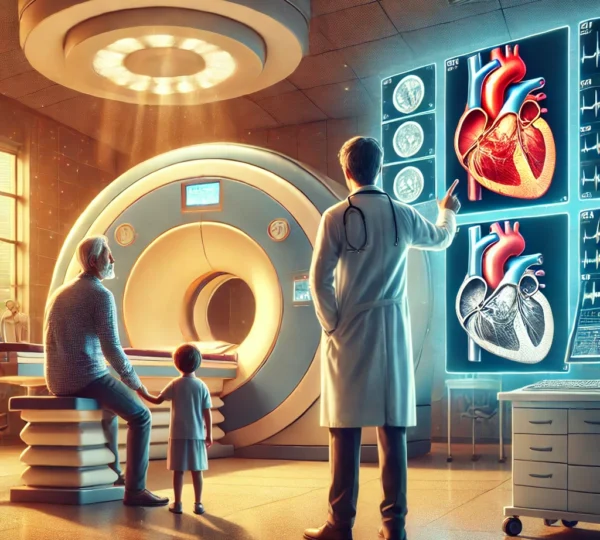Advances in Congenital Heart Disease Research and Treatment
Introduction: Hope on the Horizon for Congenital Heart Disease (CHD)
Living with congenital heart disease (CHD) can feel like an uphill battle. People with CHD are born with heart abnormalities that range from mild to severe. This lifelong condition often requires multiple surgeries and continuous care. However, thanks to significant advancements in research and medical treatments, there is new hope for people living with CHD.
Understanding Congenital Heart Disease
Congenital heart disease refers to heart defects present at birth. These defects can cause serious health problems if not treated early. For years, managing CHD has been difficult, often requiring surgeries and constant monitoring. But new research is making it possible to better diagnose and treat CHD, improving outcomes for many patients.
Breakthrough Imaging Techniques for Early Diagnosis
Advanced imaging technologies are revolutionizing how we diagnose CHD. Tools like 3D echocardiography, cardiac MRI, and CT scans provide doctors with detailed images of the heart. These techniques make it easier to detect heart defects early, allowing for faster interventions and more personalized treatment plans.
New Surgical Methods: Minimally Invasive Solutions
In addition to better imaging, new surgical techniques are improving treatment options. Minimally invasive procedures, such as transcatheter interventions, are changing how doctors repair congenital heart defects. These procedures involve inserting a catheter into the body to repair the heart without open-heart surgery, reducing recovery time and risks.
Genetic Research: Unlocking the Causes of CHD
Genetic research is providing new insights into the causes of congenital heart disease. Scientists are identifying genetic mutations and environmental factors that contribute to heart defects. With this knowledge, researchers hope to develop more targeted therapies that address the root causes of CHD.
Clinical Trials: The Promise of Stem Cells and Gene Editing
Clinical trials are testing cutting-edge therapies, such as gene editing and stem cell treatments, to repair damaged heart tissue. Though these treatments are still in early stages, they hold tremendous promise for improving the lives of those with congenital heart disease.
Raising Awareness: The Importance of Support
Along with medical advancements, increased awareness is helping improve the lives of CHD patients. Organizations and support groups offer resources, education, and a sense of community for patients and their families, empowering them to live fulfilling lives despite the challenges of CHD.
Conclusion: A Bright Future for CHD Patients
Thanks to advancements in imaging, surgery, genetic research, and therapies, the future of congenital heart disease care is brighter than ever. While much work remains, we are making steady progress toward a future where CHD no longer limits the potential of those affected.
To seek medical advice, always consult a Doctor. Here are our recommended experts. Click here
To read more on Heart Disease . Click Here



